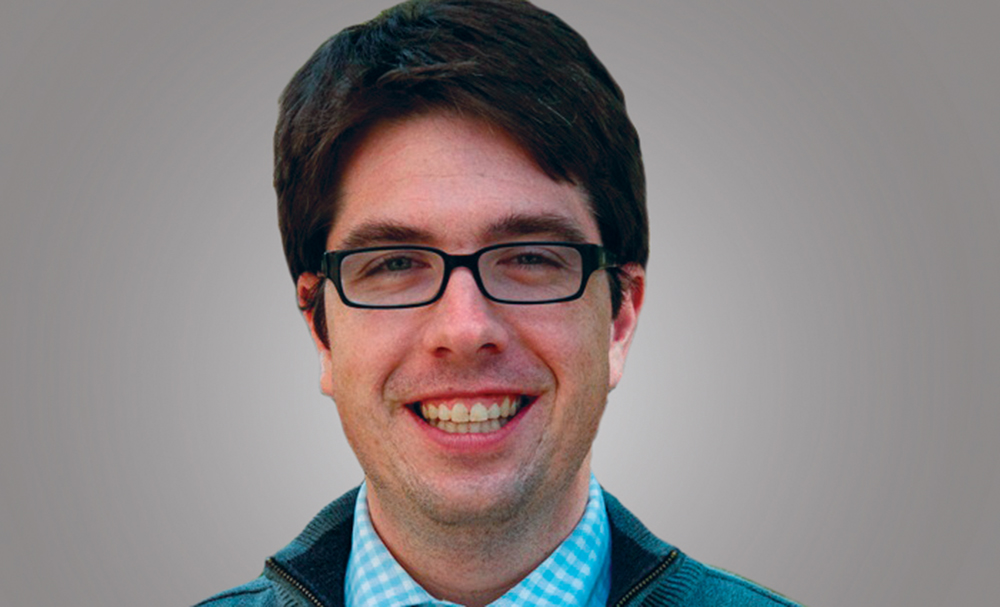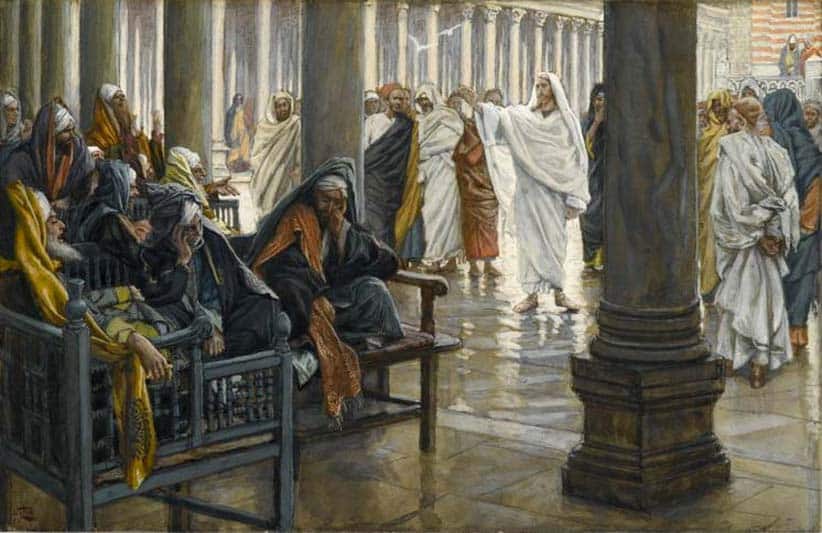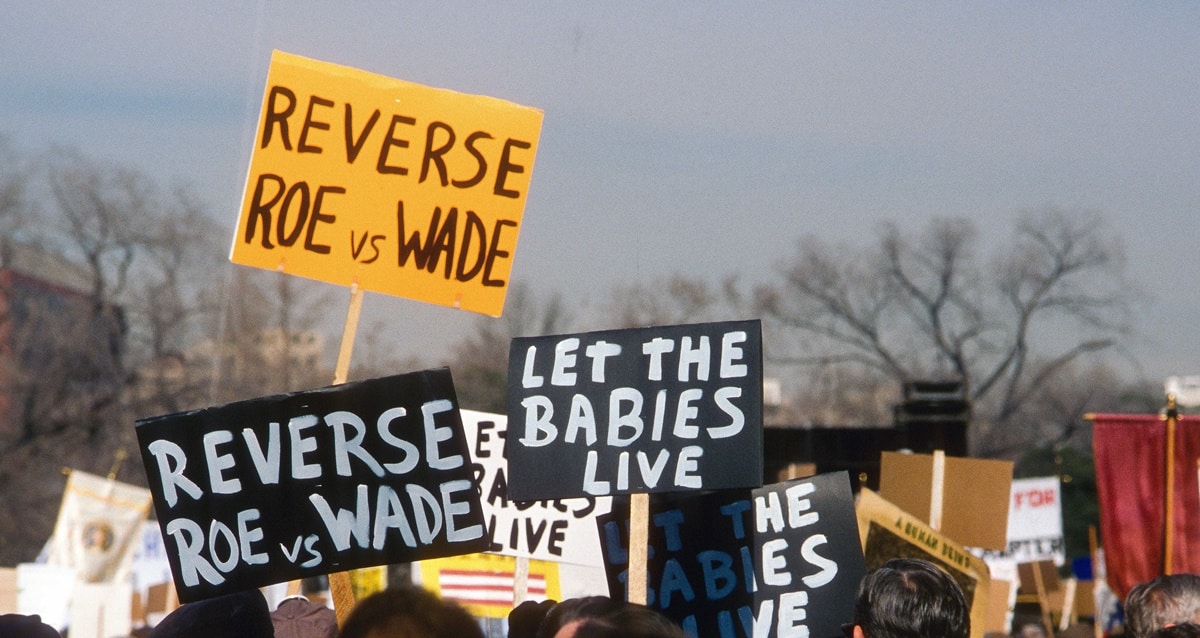 At the time of Jesus, the Pharisee was a son of Israel who took the Law seriously. Aware of the temptation of religious impurity, the Pharisee lived a life devoted to the Law, fulfilling the Law with even more intensity than required. We might say that the Pharisee approached the Law with evangelical zeal, with an intensity that the average Israelite might almost never be able to realize.
At the time of Jesus, the Pharisee was a son of Israel who took the Law seriously. Aware of the temptation of religious impurity, the Pharisee lived a life devoted to the Law, fulfilling the Law with even more intensity than required. We might say that the Pharisee approached the Law with evangelical zeal, with an intensity that the average Israelite might almost never be able to realize.
The problem with the Pharisees was not their zeal, the seriousness with which they took the Law. Jesus himself was a rather serious fellow, cautioning us that it’s easier for a camel to pass through the eye of a needle than to inherit the kingdom of God (cf. Mt 19:24). He doubled down on the impossibility of divorce because the separation of husband and wife was contrary to the original vocation of man and woman in Genesis. Jesus drew lines in the sand.
With the woman caught in adultery, he literally drew a line in the sand.
The Gospel of Luke implies that the problem with the Pharisees is that in their zeal, they considered themselves to be among the exclusively religious successful. Unlike that tax collector, the one who sold out Israel to Rome, the Pharisee is the righteous one. He’s not akin to the rest of humanity. He has separated himself from the hoi polloi.
The tax collector, on the other hand, recognizes his lack. He does not seek to separate himself from the rest of humanity. He’s a sinner. He does not approach God directly but with humility, with eyes lowered. He longs for the mercy of God.
| Thirtieth Sunday in Ordinary Time – Oct. 27 |
|---|
|
Sir 35:12-14, 16-18
Ps 34:2-3, 17-18, 19, 23
2 Tm 4:6-8, 16-18
Lk 18:9-14
|
Now, here’s the irony. In hearing this, you might say to yourself, “Thank God I’m not the Pharisee! That despicable man, who is afraid of God’s mercy.”
You see, the problem with the Pharisee isn’t that he’s serious. It’s not that he’s rigorous, attentive to the Law. The problem is that he has forgotten that the vocation of Israel is to welcome all humanity to adore the living God. All nations will be called to the holy mountain, to worship the living God. Not because any nation has earned it! Salvation is always pure gift, not the result of human ingenuity.
But that problem is not an exclusive dilemma of the historical Pharisee or the present-day rigorist. The problem is with those who draw boundaries, imagining that they have earned salvation. My group, the in-group, is the only ones who are worthy.
“Look at those Latin-Mass goers! How dare they find consolation in the liturgy before the Second Vatican Council! What is wrong with them? They don’t care about divine mercy, about the hungry or thirsty. They care only about their own private religious lives.”
“Or those who sing along with hymns by David Haas! They probably reduce the Gospel to a bunch of social principles. You know who is at fault for secularization? It’s them!”
You could imagine both groups proudly proclaiming, “At least, I am not among these.”
So, we must ask ourselves, “Who is the Pharisee?” Today, it’s not the rigorist or the reformist, per se.
We must recognize that it is all those who try to limit salvation to their in-group, whoever that in-group might be.
After all, it’s not the Latin-Mass goers or the singers of Haas alone who will be saved. It’s the entire human family called to adore at the Eucharistic altar, discovering the God who loves unto the end.
Who is the Pharisee?
The danger of Christian life is that it may not be any of “them” out there.
It could be me.
Timothy P. O’Malley, Ph.D., is the director of education at the McGrath Institute for Church Life at the University of Notre Dame.







